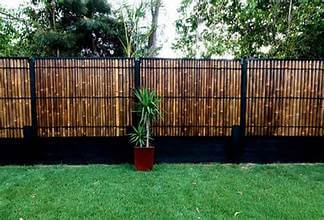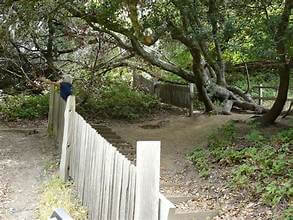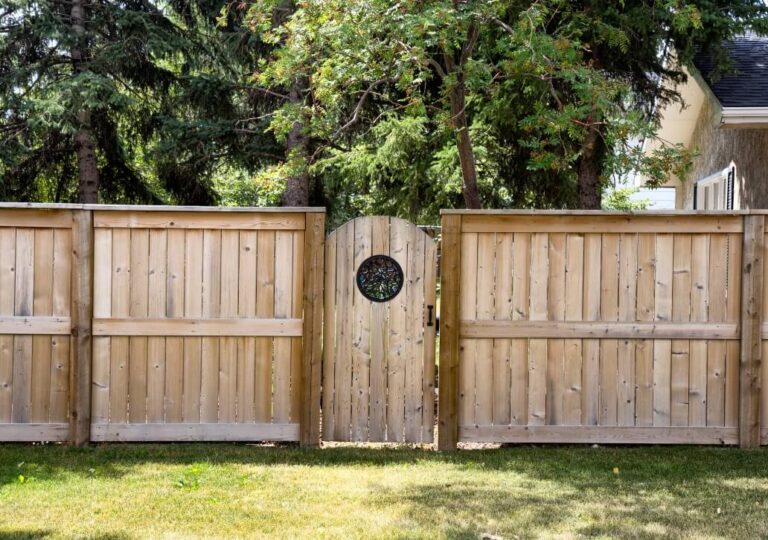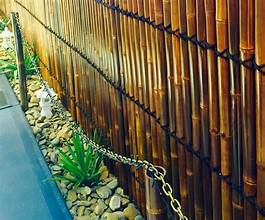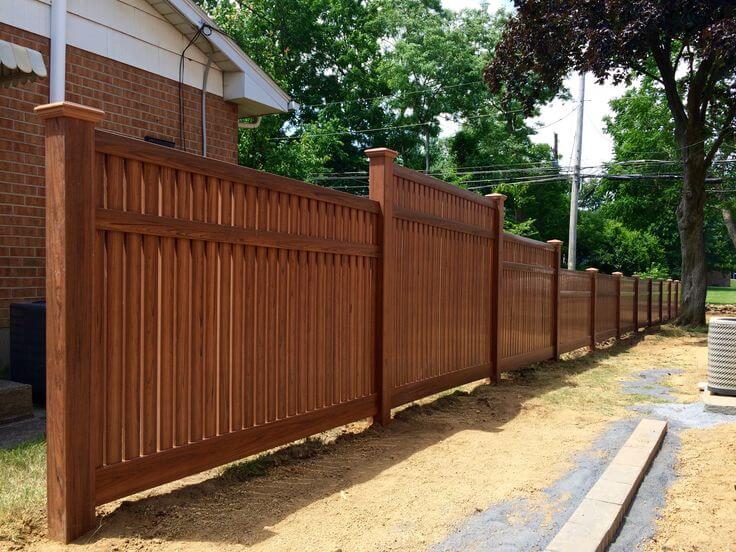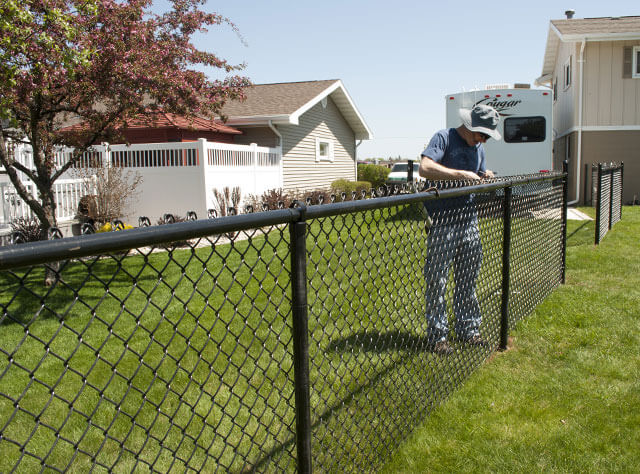Bamboo fencing offers natural, eco-friendly aesthetics, durability, and low maintenance. However, it may deteriorate over time and be susceptible to pests and weather damage.
Bamboo fencing is a popular choice for homeowners seeking a natural, sustainable alternative to traditional wood or metal fences.
This type of fencing provides a unique, tropical appearance and is known for its durability and low maintenance.
However, it’s essential to consider the potential drawbacks, such as its susceptibility to weather damage and pests.
Understanding the pros and cons of bamboo fencing will help homeowners make informed decisions when considering this eco-friendly fencing option for their property.
We’ll explore the various advantages and disadvantages of bamboo fencing, allowing you to determine if it’s the right choice for your needs.
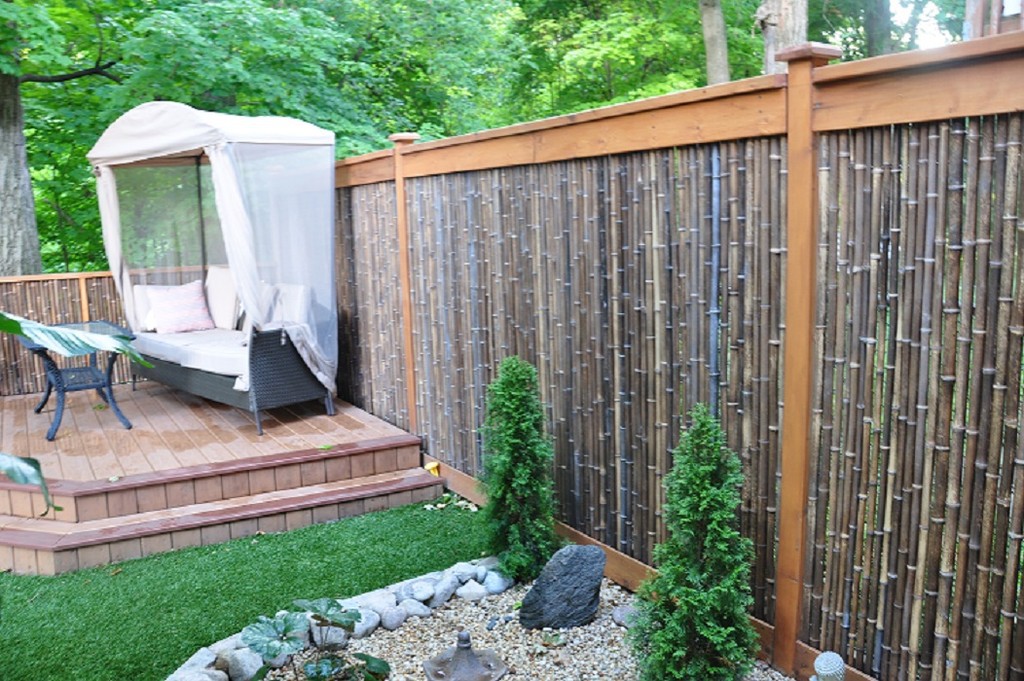
The Eco-friendly Advantages
In the realm of eco-friendly fencing, bamboo emerges as a top choice for its sustainability.
Rapid growth, a renewable source, and durability make bamboo an environmentally responsible alternative. To explore this option further,
visit https://fencingsanmateo.com for a range of bamboo fencing solutions that marry style with sustainability.
Renewable Resource
Bamboo is a renewable resource that grows rapidly, making it a sustainable alternative to traditional wood fencing materials.
With its ability to reach maturity in just a few years, bamboo can be harvested for fencing without causing long-term harm to the environment.
Low Carbon Footprint
One of the significant advantages of bamboo fencing is its low carbon footprint.
The process of harvesting and manufacturing bamboo into fencing material produces much fewer greenhouse gas emissions compared to the production of metal or PVC fencing.
Biodegradable
Bamboo is biodegradable, meaning it can naturally decompose over time, unlike metal or PVC fencing which can persist in the environment for centuries.
This ensures that bamboo fencing is a sustainable choice that won’t contribute to long-term environmental pollution.
The Drawbacks Of Bamboo Fencing
Bamboo fencing is a popular choice for its environmentally friendly properties and natural aesthetic appeal.
However, it’s important to consider the drawbacks of bamboo fencing before making a decision.
Understanding the limitations can help you make an informed choice for your property.
Susceptible To Weathering
Bamboo, like any natural material, is susceptible to weathering.
Exposure to harsh sunlight, rain, and other elements can cause the bamboo to fade in color and lose its structural integrity over time.
Without proper maintenance and treatment, bamboo fencing can start to show signs of wear and tear, requiring replacement or repairs.
Maintenance Requirements
While bamboo fencing is relatively low maintenance compared to other materials, it still requires some level of upkeep to ensure its longevity.
Regular cleaning, sealing, and applying protective coatings are essential to prevent weathering and degradation.
Failure to maintain bamboo fencing can lead to a shorter lifespan and diminished appearance.
Limited Color Options
Unlike some synthetic fencing materials that offer a variety of color options, bamboo fencing typically comes in natural earthy tones such as light brown, tan, and natural green.
This limited color palette may not suit all aesthetic preferences or property designs, restricting the versatility of bamboo fencing in certain settings.
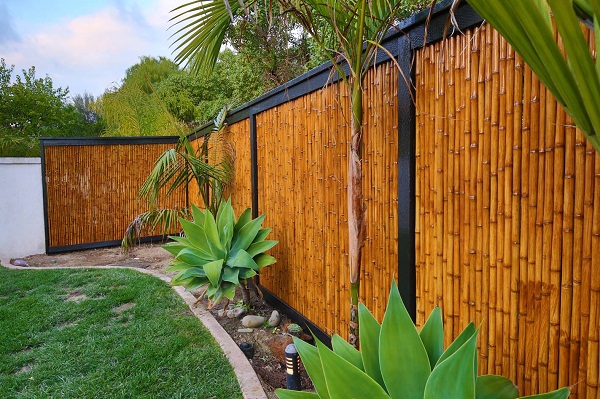
Frequently Asked Questions
What Are The Benefits Of Bamboo Fencing?
Bamboo fencing is eco-friendly, durable, and aesthetically pleasing, providing a natural and sustainable option for privacy and security.
How Does Bamboo Fencing Compare To Traditional Wood Fencing?
Bamboo fencing is more durable and sustainable than traditional wood fencing, making it an environmentally friendly and long-term investment for your property.
What Maintenance Is Required For Bamboo Fencing?
Minimal maintenance such as occasional cleaning and resealing is needed to preserve the natural beauty and integrity of bamboo fencing, ensuring its longevity and functionality.
Conclusion
Bamboo fencing offers a range of benefits such as durability, aesthetic appeal, and eco-friendliness.
However, it also has limitations, including susceptibility to mold and potential maintenance requirements.
As a versatile and sustainable option, bamboo fencing presents an attractive solution for individuals seeking an environmentally conscious and visually appealing fencing choice.

